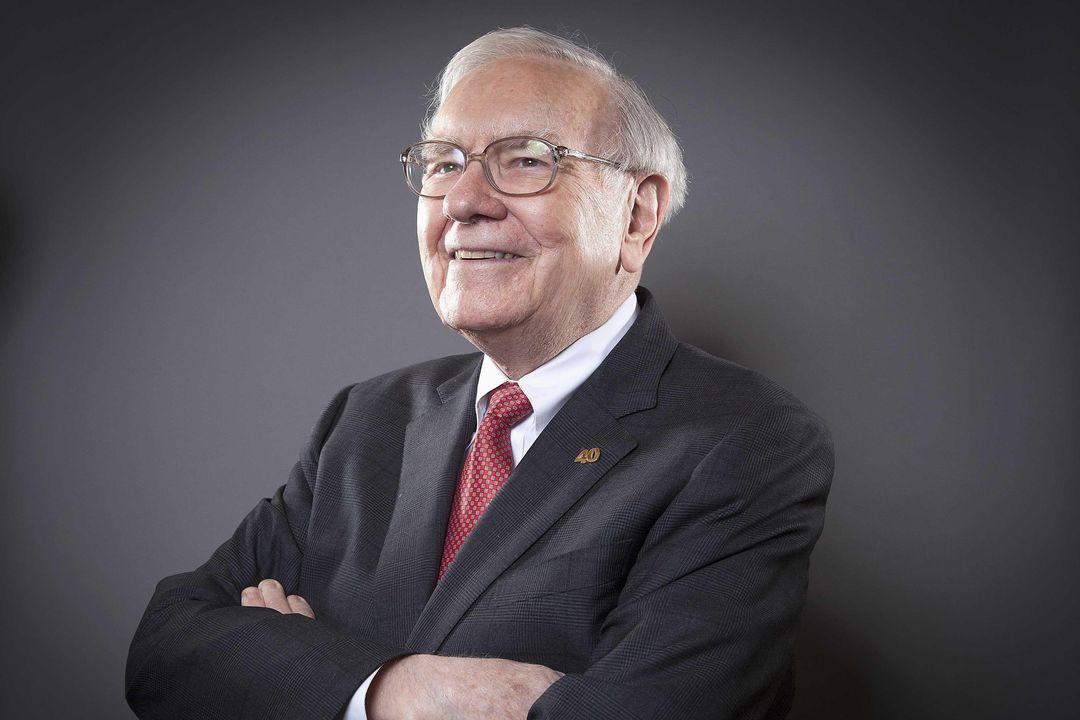Warren Buffett’s Berkshire Hathaway Inc (BRKa.N) said on Saturday its results are rebounding from the worst effects of the COVID-19 pandemic and that it has extended its aggressive stock repurchases with $6.6 billion of new buybacks.
First-quarter results suggest that the Omaha, Nebraska-based conglomerate, whose dozens of operating businesses include the BNSF railroad and Geico auto insurance, may have experienced the worst effects of the pandemic, including the loss of tens of thousands of jobs.
Indeed, Berkshire said many businesses are now posting “considerably higher” earnings and revenue despite the negative impact of February winter storms, though some businesses are still suffering.
The stock repurchases, meanwhile, allow Buffett to deploy excess capital as takeovers of whole companies become more difficult, reflecting high valuations and the growth of special purpose acquisition companies to take businesses public.
Berkshire repurchased $24.7 billion of its own stock in 2020. In addition, Berkshire’s share count fell from March 31 to April 22, suggesting that the company repurchased more than $1.2 billion of stock in that period.
First-quarter operating profit increased 20% to $7.02 billion, or about $4,600 per Class A share, from $5.87 billion a year earlier.
Berkshire also reported net income of $11.71 billion, or $7,638 per Class A share, compared with a net loss of $49.75 billion, or $30,653 per share, a year earlier.
Last year’s results reflected a $55.62 billion loss on investments and derivatives, as stock markets worldwide plunged.
Accounting rules require Berkshire to report gains and losses on stocks it owns even if it does no buying and selling.
Manufacturing operations boosted pre-tax profit by 15%, with earnings nearly doubling at the Clayton Homes mobile housing unit as sales revenue increased and credit losses fell.
Meanwhile, pre-tax profit from retailers such as the Nebraska Furniture Mart and See’s Candies more than doubled, as Berkshire’s auto dealerships sold more vehicles and some results surpassed pre-pandemic levels despite supply chain disruptions.
One unit still struggling is aircraft parts maker Precision Castparts, which in 2020 took a $9.8 billion writedown and shed 13,400 jobs.
Berkshire said Precision’s quarterly revenue fell 36%, and revenue and earnings should remain “relatively low” in 2021 because aircraft production is unlikely to grow significantly.
Class A shares of Berkshire closed Friday at $412,500, after hitting a record high a day earlier. They have risen 19% this year, topping the 11% gain in the Standard & Poor’s 500 (.SPX), but trailed the index by 36 percentage points in 2019 and 2020.

